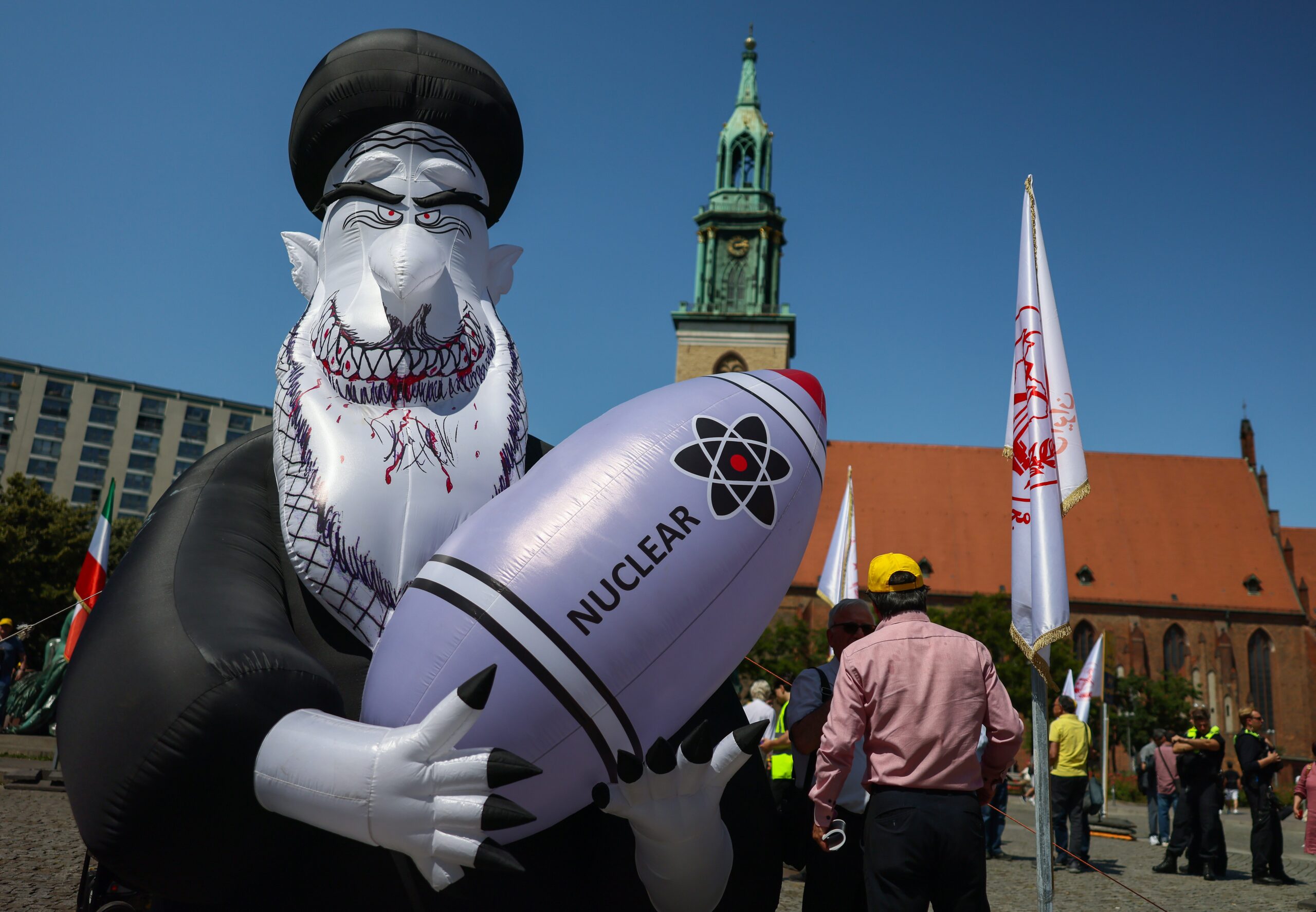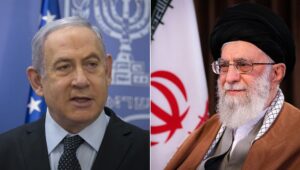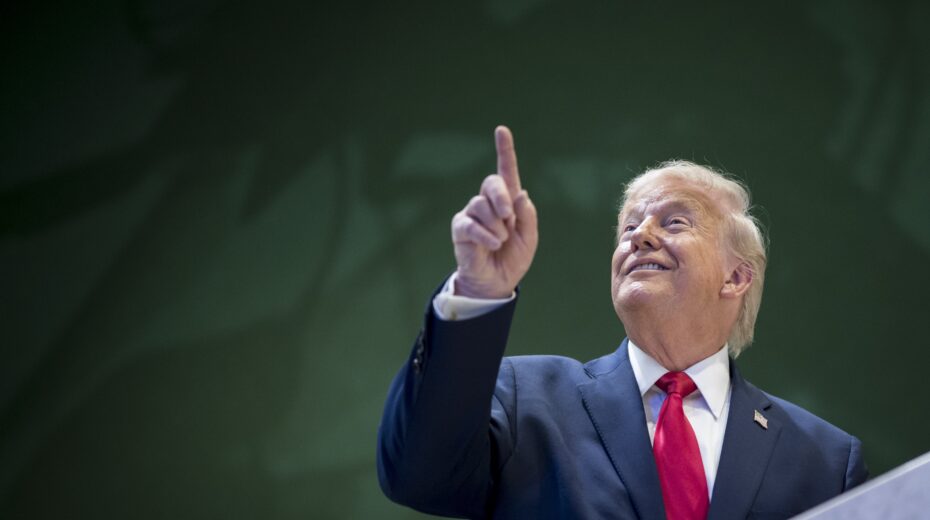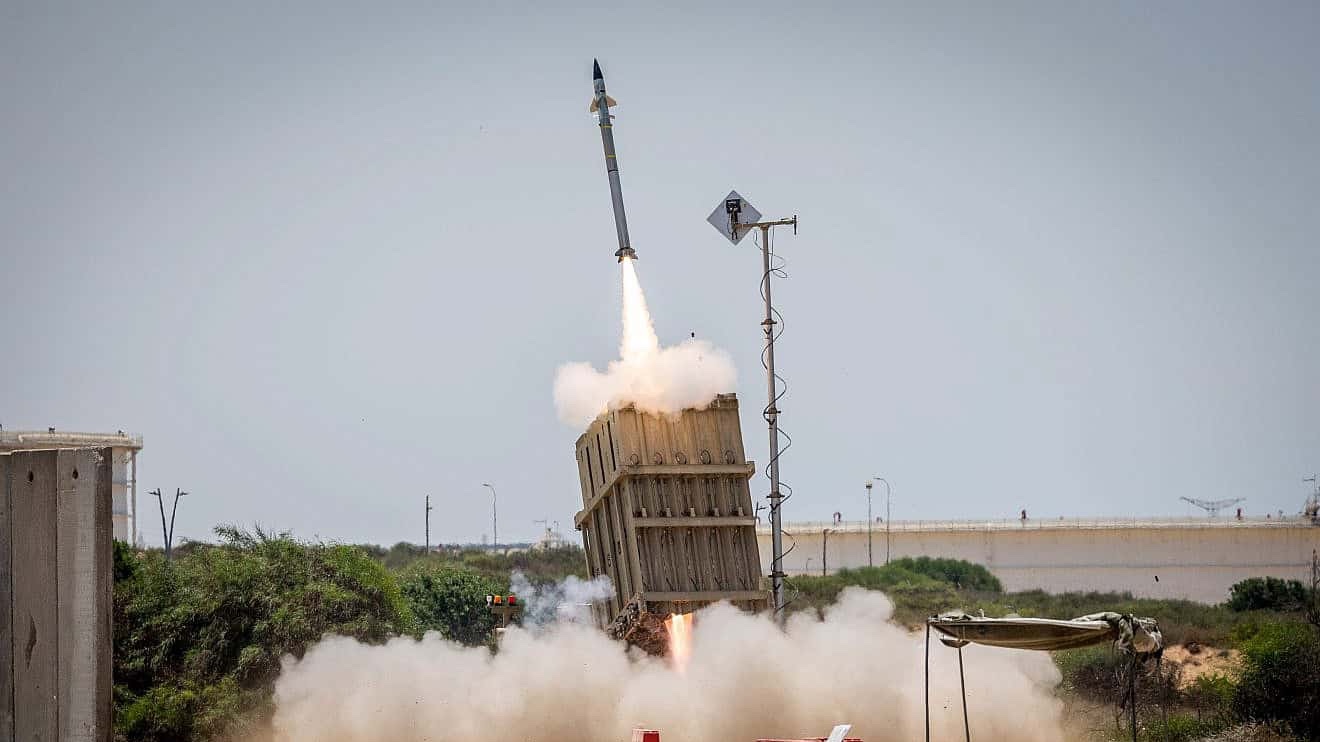Snapback sanctions would allow the international body to quickly reinstate penalties on the Islamic Republic for violations of the 2015 nuclear deal.
“The threat to use the snapback mechanism lacks legal and political basis and will be met with an appropriate and proportionate response from the Islamic Republic of Iran,” Reuters quoted Foreign Ministry spokesperson Esmaeil Baghaei as saying at a press conference.
Iranian Foreign Ministry Spokesman Esmaeil Baghaei rejected the legitimacy of the so-called snapback mechanism, calling it a baseless political lever aimed at intensifying confrontation with Tehran.
Follow: https://t.co/mLGcUTS2ei pic.twitter.com/cKOyPAZGTo
— Press TV 🔻 (@PressTV) July 15, 2025
Baghaei spoke a day after Saudi state-owned international Arabic news channel Al Arabiya reported that German Chancellor Friedrich Merz had submitted a request to the U.N. to trigger the snapback mechanism on Tuesday.
However, the German Federal Foreign Office told JNS on Monday that Germany has not submitted such a request.
Berlin is a signatory to the agreement, the Joint Comprehensive Plan of Action (JCPOA), along with China, France, Russia, the U.K. and the European Union. The United States withdrew in 2018 during President Donald Trump’s first term, opting instead for a unilateral “maximum pressure” campaign.
U.N. Security Council Resolution 2231, adopted on July 20, 2015, prepared for the removal of sanctions against Iran. The snapback mechanism allows any country that signed the agreement to automatically reinstate sanctions in the event of a serious violation by the Iranian regime, revoking all relief granted as part of the JCPOA.
Before it had been denied by Germany’s foreign ministry, U.S. Ambassador to Israel Mike Huckabee, in a post on X, approved of the reported German request as a “strong and much needed move.”
The German Chancellor confirmed this evening that Germany has submitted a formal request to the United Nations to trigger the snapback mechanism against Iran on July 15, just two days from now.
The snapback mechanism is a tool included in a UN Security Council resolution that… https://t.co/HewJ9ut2FY pic.twitter.com/HAtdkjriQh
— Open Source Intel (@Osint613) July 13, 2025
There is a limited timeframe to act on reimposing the sanctions, as the JCPOA agreement—along with the snapback mechanism—is set to expire this fall on Oct. 18. However, the U.K., France and Germany (known as the E3) have indicated that if this occurs, the nuclear-related sanction provisions in Resolution 2231 will be transferred nationally.
Once snapback is triggered, U.N. sanctions on Iran are supposed to return within 30 days. However, delays from U.N. Security Council debates or paperwork could push the real deadline for sanctions to come closer to Sept. 10, shortening the window even more, according to the Jewish Institute for National Security of America.
Israeli Foreign Minister Gideon Sa’ar on July 2 urged the international community to “utilize all means at its disposal” to confront the Iranian regime’s nuclear ambitions.
The time to activate the Snapback mechanism is now!
I call upon the E3 countries- Germany, France and the UK to reinstate all sanctions against Iran!
Iran has just issued a scandalous announcement about suspending its cooperation with the IAEA (International Atomic Energy…— Gideon Sa’ar | גדעון סער (@gidonsaar) July 2, 2025
“Iran has just issued a scandalous announcement about suspending its cooperation with the IAEA (International Atomic Energy Agency),” Sa’ar wrote on X, referencing reports in Iranian state media that Iran’s President Masoud Pezeshkian had ordered the implementation of June 25 legislation to halt inspections of Tehran’s nuclear facilities.
Accusing the Islamic Republic of a “renunciation of all its international nuclear obligations and commitments,” Sa’ar said the international community must respond decisively.














